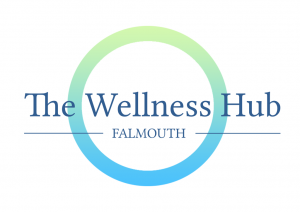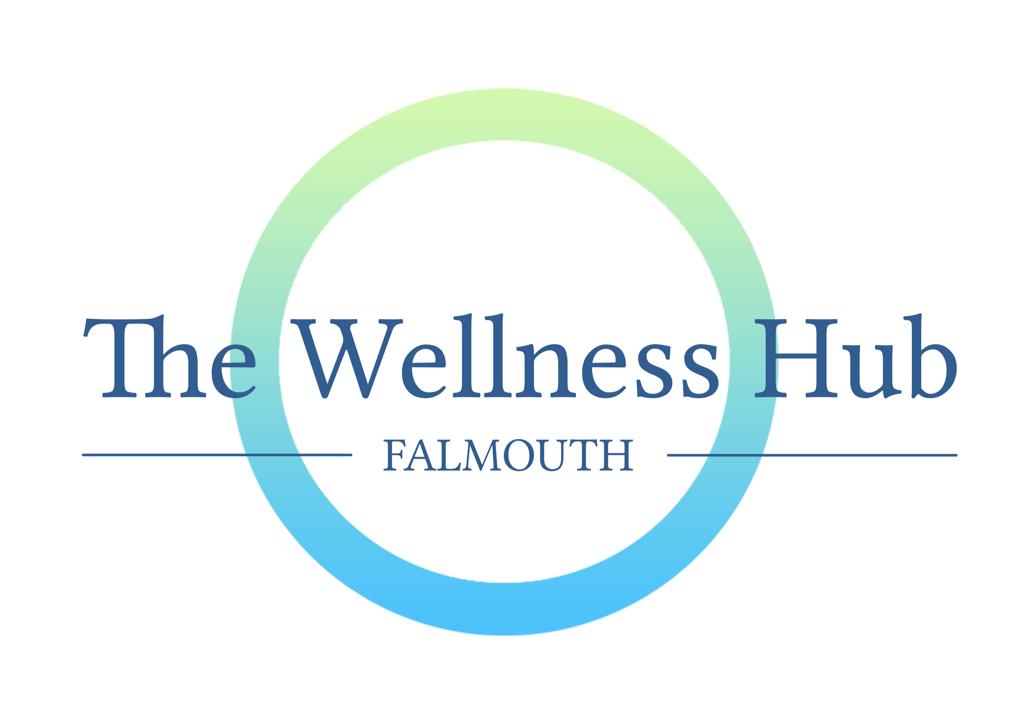
Mental health awareness week was 9th – 15th May this year, and whilst it is great to see an acknowledgement of this increasingly prevalent health issue, the awareness needs to continue beyond an allocated week, and become integrated into our daily lives.
In the UK alone it is said to affect a third of the population and is now the leading cause of work absence, resulting in 70 million days per year collectively. This is a huge health topic and something I will keep returning to, one blog post is simply not enough!
As a society we focus too much on physical health, we talk about our aches and pains, and can get tangible results from the doctors – our bodies can be reduced to isolated parts with blood tests, x-rays and scans; and even though our brains can be included in this, our minds, and our mental health are not.
Mental and emotional wellbeing are just as important, but can often be overlooked in a doctors office, and not generally discussed outside of it either. Mental health becomes a subjective interpretation, and how well we interpret that can determine how ‘well’ we actually are.
The mind is inextricably linked to the body, if mental health issues are ignored, they can go onto affect physical health too. Conditions that can manifest due to prolonged stress for example can include high blood pressure, increased risk of heart disease, sleep deprivation, impaired immunity, digestive issues….the list goes on – making the old adage of ‘it’s all in your head’ seem somewhat flippant, and actually not true.
Mental health issues can be a bewildering and isolating experience, and because that experience is subjective, because it is felt so personally – it can leave us in a state of vulnerability, which can lead on to associated feelings of shame, and to alot of people this may mean they don’t talk about it, isolating the issue further.
As a society – the stigma of mental health has to change, and it needs to be talked about. Brene Brown talks about the power of vulnerability on TED, that it is something to be embraced, not blocked out. Her talk has so far had over 29 million views, highlighting that this is something that resonates collectively on an international level.
www.ted.com/talks/brene_brown_on_vulnerability.
Know you are not alone – keep clear communication, seek help and support, keep talking, and hopefully in time, mental health will be taken more seriously, more services will be funded, and it will get the attention it deserves.
* Always seek the advice of a medical herbalist or naturopath if you feel you are not well mentally or emotionally and want to try herbal medicine, particularly if you are already taking prescription medication, not all herbal medicine is safe *
There are many herbs that can be beneficial in times of stress, or for when mental health issues arise. However, they are not to be relied upon solely, nor can they negate other unhealthy lifestyle choices.
Modern medicine has its place too – anti-depressants are widely accepted now as a main form of treatment for depression, and although they can at times be overly prescribed, they can be effective and beneficial to some people, to help get them back on track. Their main action is to increase the amount of serotonin – a neurotransmiter which contributes to our overall feelings of wellbeing and happiness, and is thought to be responsible for maintaining mood balance.
St. John’s wort (Hypericum perforatum) is commonly considered to be the herbal equivalent to anti-depressants, however, whilst it has also been seen to boost serotonin, it extends to other neurotransmitters including dopamine, noradrenaline and GABA (gamma-aminobutyric acid) making its actions that of a much broader spectrum.
St. John’s wort is also well known to interact with a variety of medication, as always, seek advice from a health professional and tread with caution.
If you decide to see a naturopath/medical herbalist – they are most likely to pull together all aspects of your health, look at your diet and the role food plays, sleep patterns, exercise, nutritional deficiencies, overall gut health, and overall lifestyle choices. this may lead you down a path that at first seems unrelated, you may not get a simple prescription of St. John’s wort, but a combination of herbs that may have the following medicinal actions:
Adaptogens: These are herbs that can increase the body’s resistance to physical, environmental, emotional or biological stressors to maintain balance to bodily functions.
Anxiolytics: Simply herbs that help to alleviate anxiety.
Nervine tonics: Herbs that improve the function of the nervous system.
Thymoleptics: Herbs that improve mood
Nutritives: Herbs that gradually restore and boost bodily functions.
Other things to try…
- Talk to someone: ‘A problem shared is a problem halved.’ Saying things out loud can in itself be therapeutic, remember you are not the only one struggling. It is likely that some friends or family members may have have also had mental health issues, and may be more understanding than you think.
- Talk to a medical professional: If things seem more serious, talk to your GP. They can then refer you onto a range of services within the NHS including Cognitive Behavioural Therapy (CBT), online workshops and counselling.
- Get outdoors: Often easier said than done – but to get outside, can help to get out of your own head too. If social interaction is difficult, then a walk in a park, woodlands, beach, wherever you can go that involves nature will help, even if it’s just for 10 minutes. It can help to get perspective on what can become a loop of racing thoughts.
- Walk bare foot on the grass: Viewed as a literal grounding technique – particularly good after it’s rained!
- Get your hands in the soil: Gardening is relaxing, rarely do we see an angry gardener. It turns out there are microbes in the soil that mimic prozac. Mycobacterium vaccae is thought to stimulate serotonin production (our happy hormone), making us more relaxed and happy. It gets you outdoors, it’s a way to exercise, it allows you to focus on something else for a while. Growing something from seed can give a great sense of accomplishment too – grow some herbs and make fresh tea!
- Meditate: There are a multitude of websites, videos and phone apps that offer a multitude of meditations, so you can easily do this at home. There is no ‘right’ way to do it, just take the time out to close your eyes and breathe, even if it’s just 5 minutes a day. Health benefits include reducing stress and anxiety levels by calming the nervous system. Insight timer is an easy to use app with thousands of styles to choose from.
- Exercise: Proven to boost mood and release endorphins. Let off steam, try something of high impact, or, calm your mind and try yoga – connecting it to the body.
- Journal: Write down how you feel, what your thoughts are, get it all out of your head. Trying to articulate how you feel is a great start to understanding and acknowledging whatever it is you are going through.
- Get regular sleep: Get into a good bedtime routine and try to keep to the same sleep/wake time each day. Read my blog post for tips on sleep hygiene and why sleep is so important.
- Be kind to yourself… Remember this every day.
Read more about Naturopath Emma or Book in now.
Useful links
www.mentalhealth.org.uk/publications – A great resource providing a clear overview, help and advice, and downloadable information sheets.
www.bipolaruk.org – A straight forward website that has online support, forums, and a platform that allows sufferers to submit art and poetry that reflects how they feel. The downloadable mood scale and diary are useful practical tools.
www.mind.org.uk – A mental health charity that provides services all over the country, and has an abundance of information and publications.
www.rethink.org/home – A practical, resourceful website, outlining services and support networks nationwide.
https://moodgym.anu.edu.au/welcome – From australia, this is an online CBT programme, which may appeal to those of you who may not feel able to talk to anyone straight away. It assesses and tracks progress through a series of questionnaires to help you detect certain thinking patterns, and offers tools to try and overcome them.

